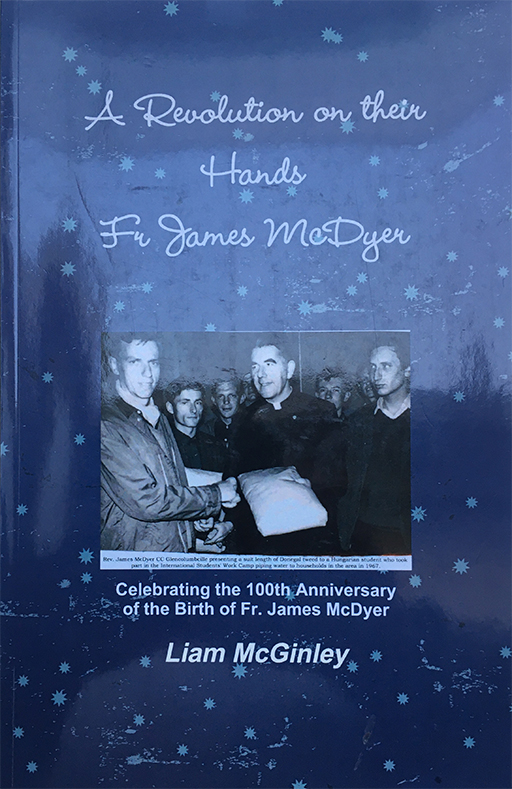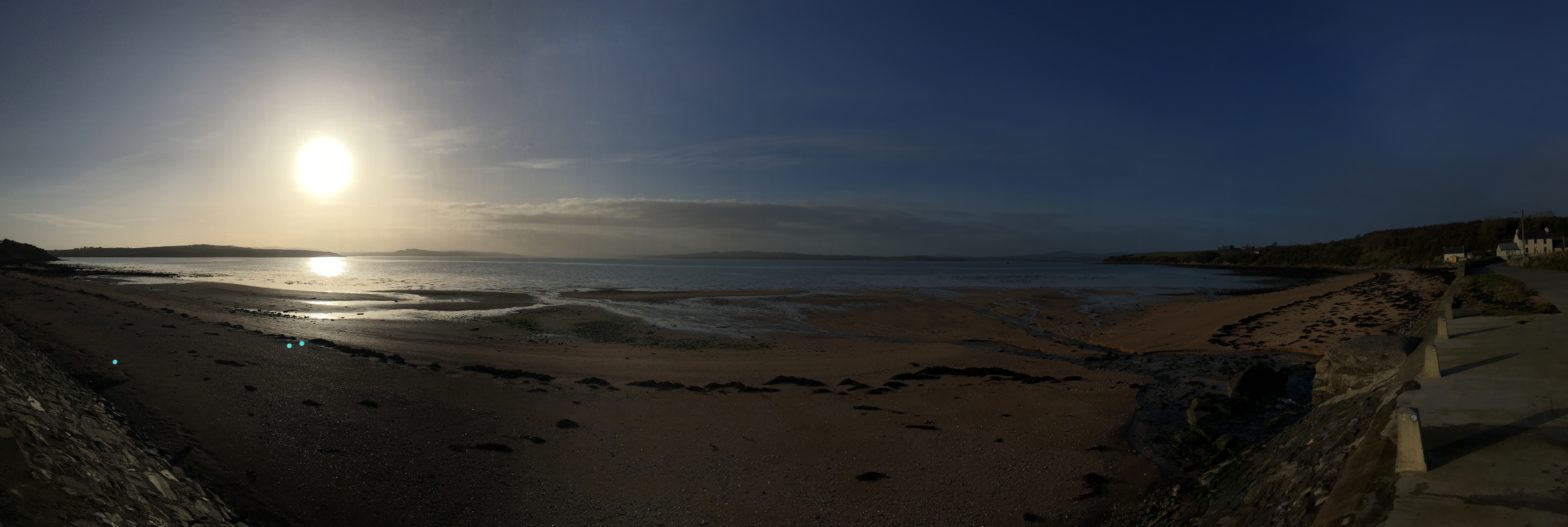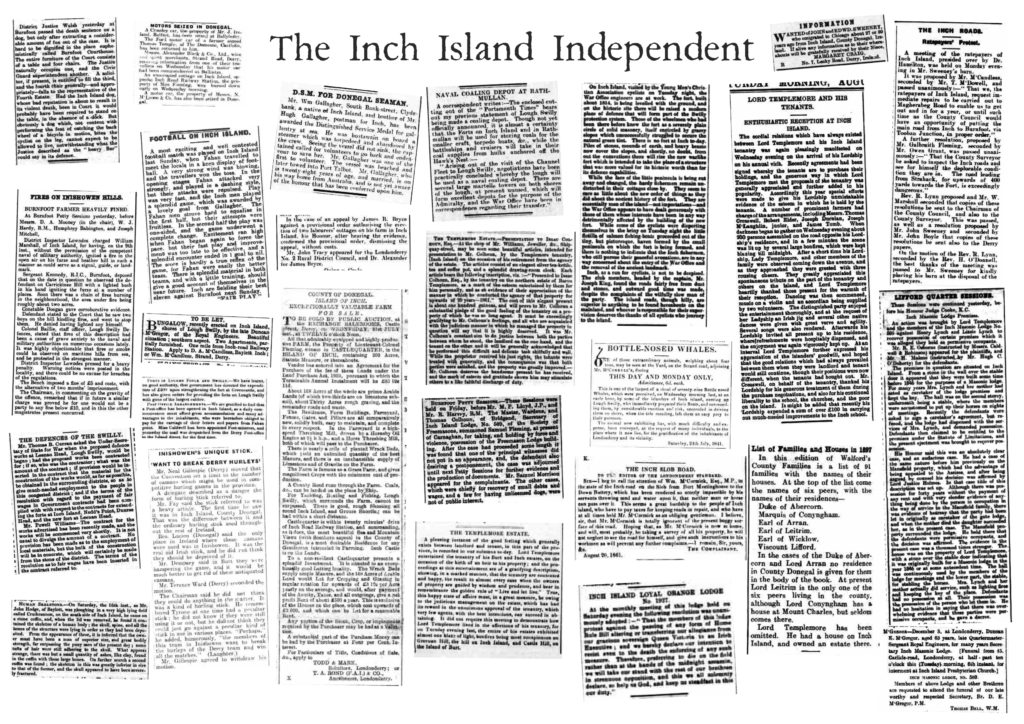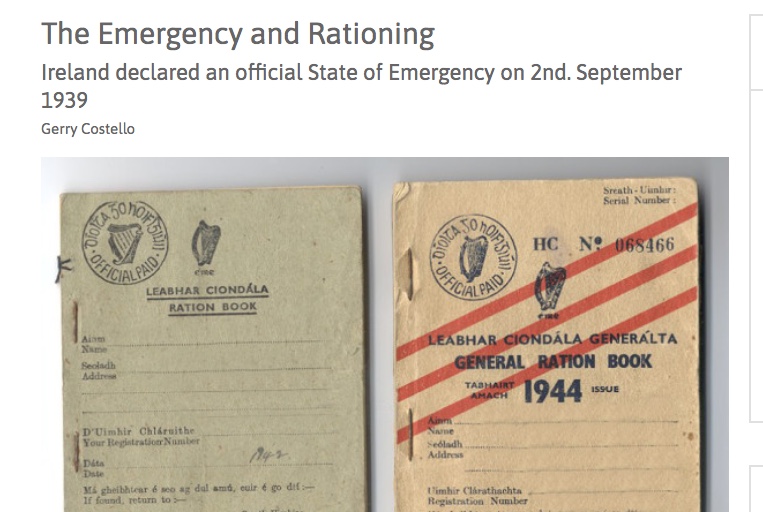Co-production Rule #2
Research, research, repeat…
You have found your community and you are eager to get started. It’s now time to do your research. It’s time to get acquainted with your community’s history, and scour the sources for needles in haystacks. I’ll warn you now, you might struggle to find very much at all, but you’ll know your project better and where to look. Your aim is to know more about the community than they know themselves. There are plenty of places to look, and with a little time and a nose for detail, you’ll become that history expert. and remember, if you work for a museum, heritage organisation or any other cultural institution, you have research contacts unavailable to the general public. You’ll be able to access resources and information that the community may not have ever known about, or ever seen.
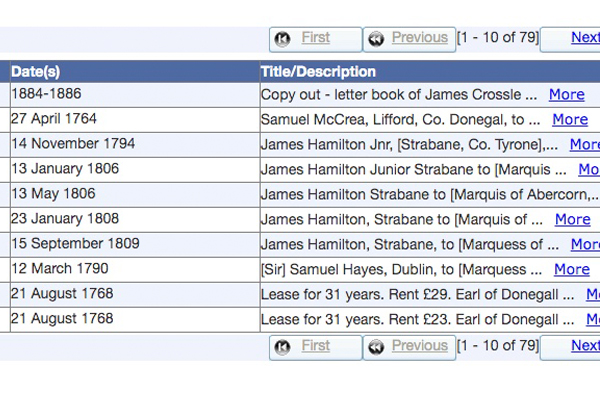
As we live in a connected age, the internet is filled with information. Inch’s history, or at least parts of it, were out there, but scattered across a hundred different websites. As the co-production facilitator, I had the benefit of time to trawl through the links and dead ends. It’s simply a case of searching and searching.
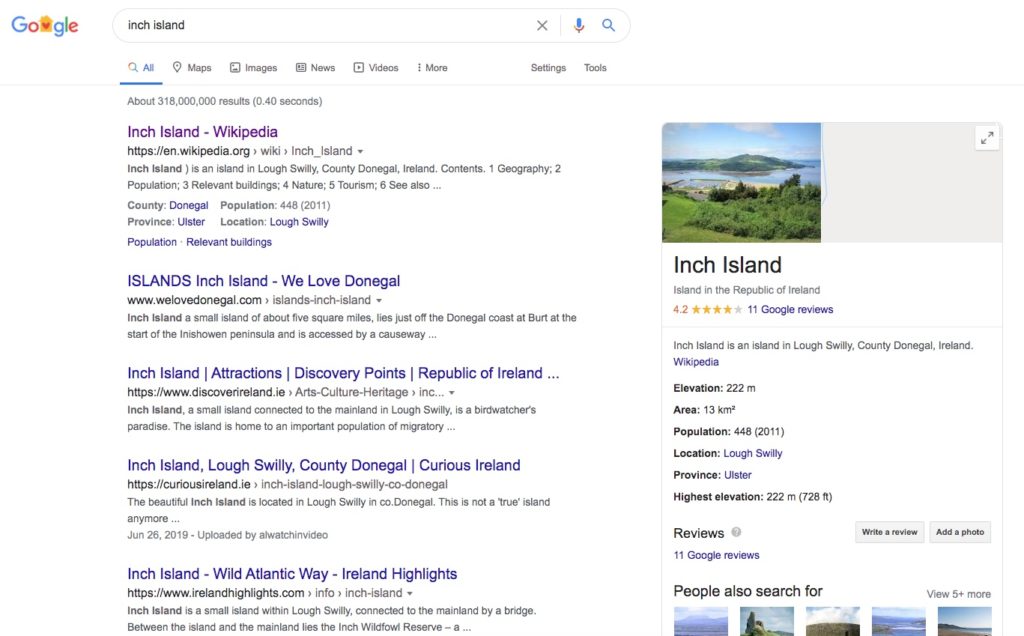
The sources for Inch are on the Inch research page. For your own project, I’m sure you’ve thought of the following links already, but just in case…
Google is your friend, but search terms need to be focused.
The island of Inch has an unfortunate name, and I’m sure you can appreciate the frustration of endless Google results that referred to the Imperial system of measurement.
Wikipedia is your unreliable friend.
Interesting to note here, the page for O’Doherty’s Castle, on Inch, was edited and added to soon after we started the Inch co-production. Whether it that was coincidence or as a result of our engagement, we’ll never know.
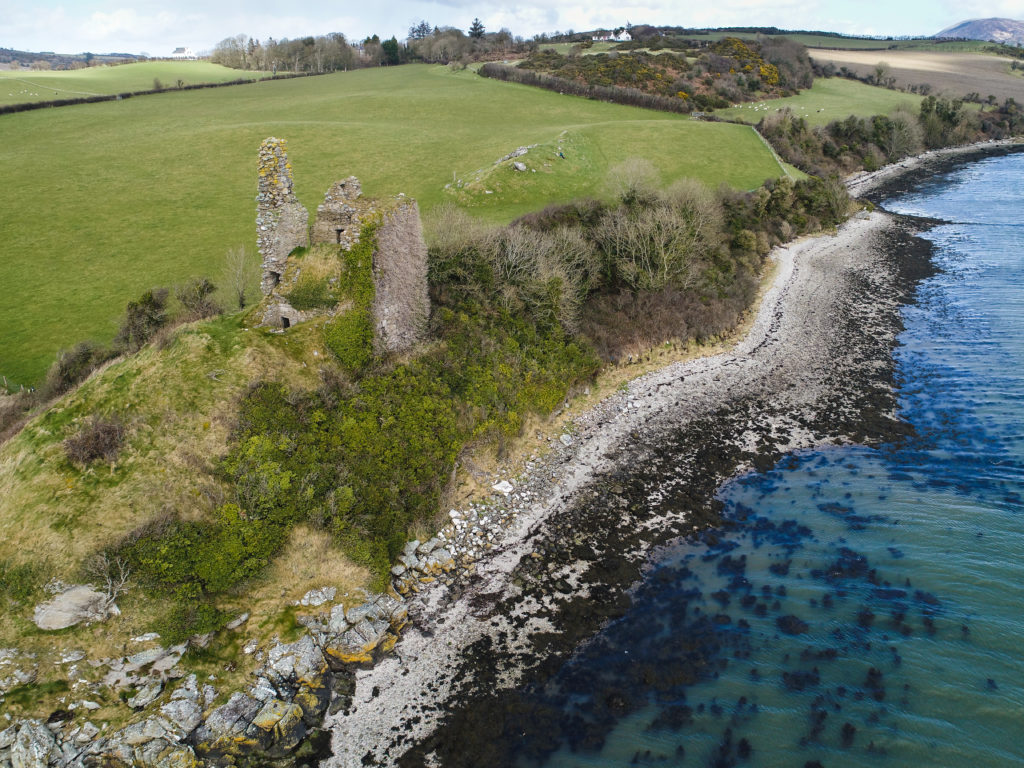
Pinterest is your equally unreliable friend.
eBay is your odd, random friend
Especially useful for old post cards or cigarette cards. You’d be amazed what you find there. This post card from the early 1960s shows the Shell T2 Tankers, laid up in Lough Swilly, off Inch. The story of how they got there was fascinating; the story of the tea-cups and plates, liberated from the ships was one of the highlights of the Inch Project. You can read a little more on the Inch project website inchheritage.org we produced as one of the outputs from the Inch community co-production.

The librarian is your friend.
The national newspaper archives are your friend.
Museum curators are your friend.
Archivists are your friend.
Bloggers are your friends, even if you never meet them.
Pages such as this below, written by local history enthusiasts, which offer an insight into different eras. They might be specific to your community or your project, but the information might be useful in adding context.
Cartographers are your best friends.
I will talk more about maps… a lot more.
You will undoubtedly know how to access these in your own country, and my apologies for being simplistic, but this is a practical guide and as I have no idea of your area of expertise and or your experience in this field, I thought it best to ensure I’ve included the usual suspects.
Of empires and imperialists…
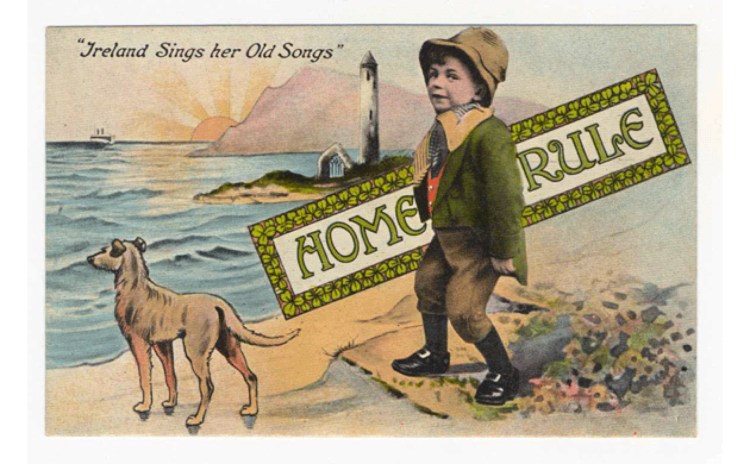
If your country has some colonial history, either as colonists or the colonised, remind yourself the archives may reside in a different jurisdiction. Ireland is an obvious example, where official records of the country before 1922 are spread across the National Archives in London, the Public Record Office in Belfast, but post-1922 they are found in our own National Archives in Dublin.
Be an internationalist in your research.
Apochrypha…
Research far and wide and collect it all together. Read everything, but with a healthy dose of scepticism. Many sources of a community’s history will be inauthentic, plagiarised or simply spliced together. You will also find sources of dubious provenance, wild imagination and often of complete fiction. History is not a science.
As I mentioned in the preface, I’m not a historian, but in my work, I have found there are a number of sources of history pertaining to small communities, rural or urban. These can be subdivided into primary and secondary, as per the history textbooks. Then there are tertiary sources, as in ‘I heard a man tell me this story once…’ And finally, there are complete fantasies; fairy-stories, my-Mother-told-me stories, my-Grandfather-always-said stories. Be sceptical, but also remember that even in these fictions, there may well be a grain of truth, buried within the flights of whimsy. Here’s one from Inch, told by Boyd Bryce, of fairies at Dunfinn…
And finally…
When you have spent more hours than you care to remember, staring at a computer screen and scribbling notes… when you have read all you can read and scanned the rest… when you feel you could write a book about your chosen community’s history… then, and only then can you move on to the next phase of the co-production, which will involve you pretending you know absolutely nothing. Read on, I will explain.
Perspectives II
I’d also add another historical source here, and this is the Enthusiast. You might not meet him, and it’s usually a him, but if you do, here are some guidance notes.
He will have written a book, and most likely has spent his own money getting it published.
He will give you a copy at the first community meeting, and apologise for it not being very good.
He will also be immensely proud of his knowledge, his writing style and won’t appreciate undue criticism
Be gracious, be effusive, be grateful. Take the proffered book home. Read it cover to cover. He will know if you haven’t. His book might be brilliant and of huge importance, to your project, or it might be skewed by his own specific interests and will be of limited help.
Whatever you do with the material, however you make use of his research, do not forget to credit him in the final outputs.
The book below is the perfect example of a local enthusiast, Liam McGinley, writing passionately about local history. It was my go-to research reference for the play, I Would Walk These Fields Alone, about the life of the Christian Communist priest, Canon James McDyer of Glencolmcille, a great proponent of Meitheal.
